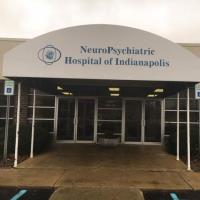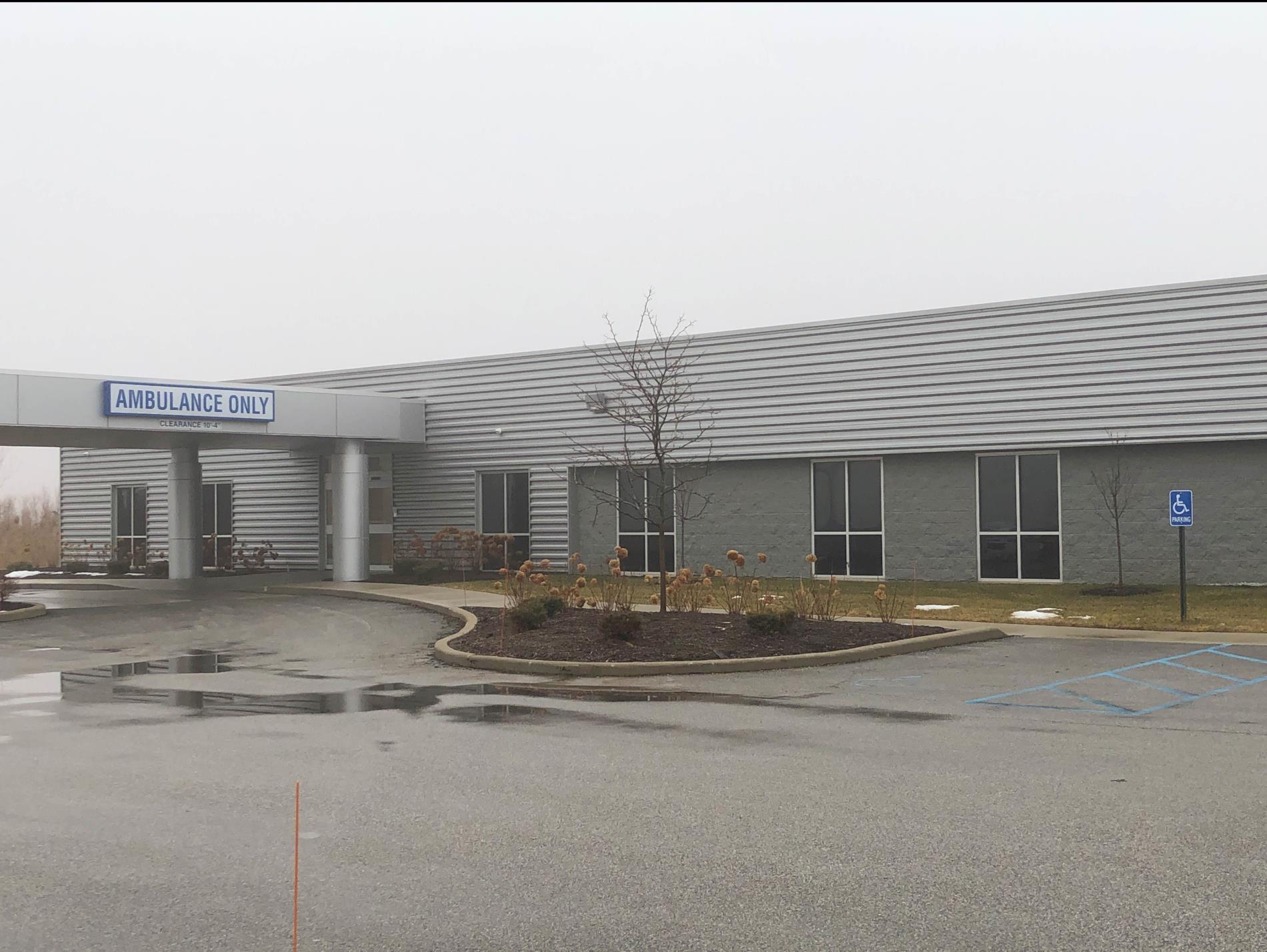NeuroPsychiatric Hospitals: in Bremen, IN
NeuroPsychiatric Hospitals

Bremen | United States
Skills
No information
Interests
No information
Industries
Creative Agencies
Summary
Activity
Projects
No information
Work experience
No information
Education history
No information
Connections
Companies (0)
No information
